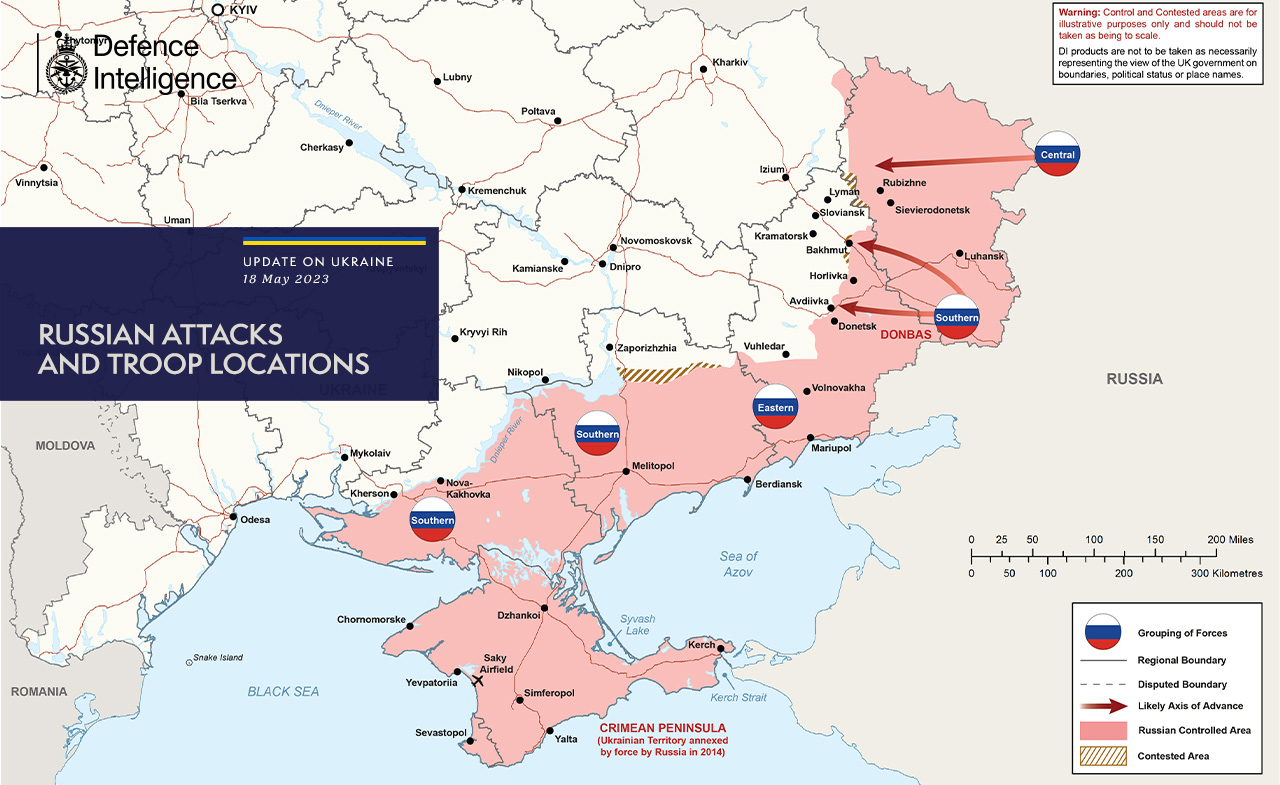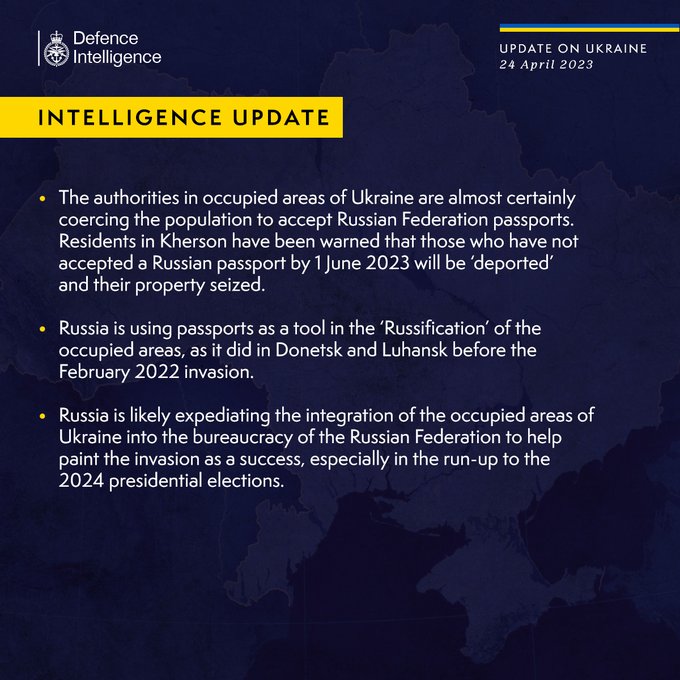On 26 September 2023, a Russian Public Opinion Research Centre (VTsIOM) reported the results of a poll of Russians’ attitudes towards people and organizations registered as ‘foreign agents.’
The UK Defense Ministry reported, citing results of the VTsIOM polling, that Russian authorities are successfully using the ‘foreign agent’ designation to manipulate public opinion behind the state’s anti-West, pro-war narratives.
According to the UK intel, the results showed that 61% of those surveyed considered ‘foreign agents’ to be ‘traitors’ who ‘disseminate lies’ about Russia.
“The measures [usage of the ‘foreign agent’ designation to manipulate public opinion] significantly narrow the information space within Russia, making it increasingly difficult to articulate any viewpoint, including dissenting about the war, which deviates from the official line,” the UK Defense Ministry concluded in its intelligence update on 3 October.
Russia has broadened the foreign agent legislation since its full-scale invasion of Ukraine. In July 2022, Russian President Vladimir Putin approved amendments to the 2012 ‘Foreign Agents Law,’ widely used to repress regime opponents.
The 2012 law defined ‘foreign agents’ as individuals or organizations who have received financial support from abroad. The amendments extend the definition to those merely under the undefined ‘influence or pressure’ of foreign actors. The Ministry of Justice also has the power to publish the personal details and addresses of designated ‘foreign agents,’ almost certainly placing them at risk of harassment.
According to the UK intel, such laws further extend the repressive powers available to the Russian state. This continued a trend since Putin returned to the presidency in 2012, but it has accelerated since the invasion of Ukraine.
Read also:
- No, Elon Musk. Ukraine aid is the ultimate investment
- Ombudsman: Russia destroyed over 220 libraries in Ukraine
- ISW: Russia seeks to disrupt Western support for Ukraine via disinformation
- Russia’s disinformation campaign flourishes in the Middle East – Politico




